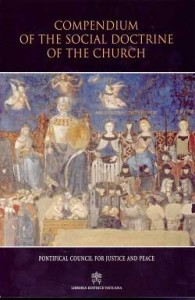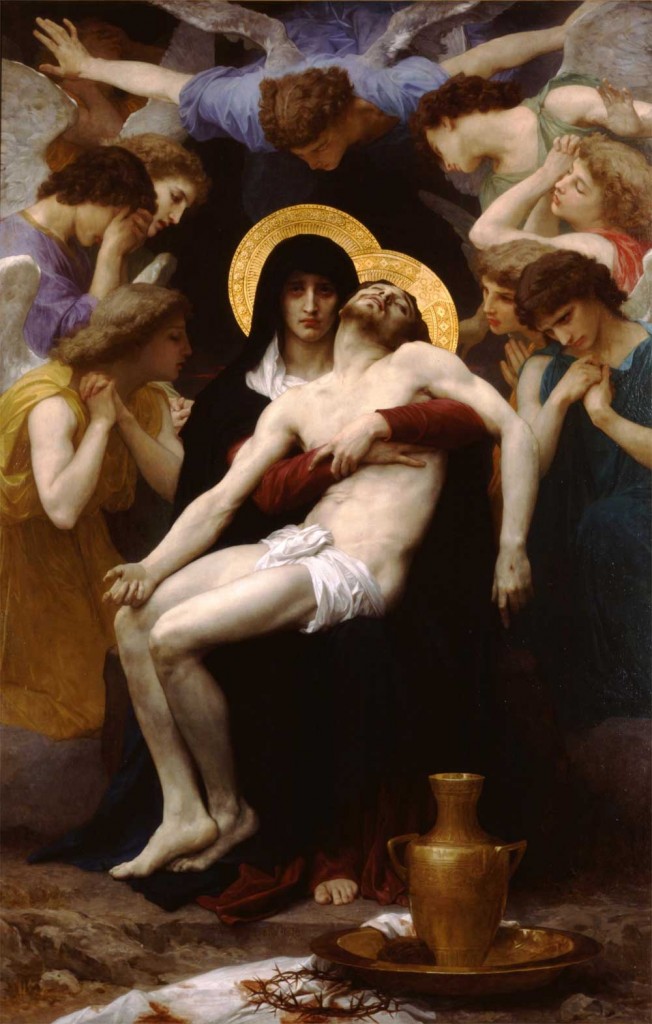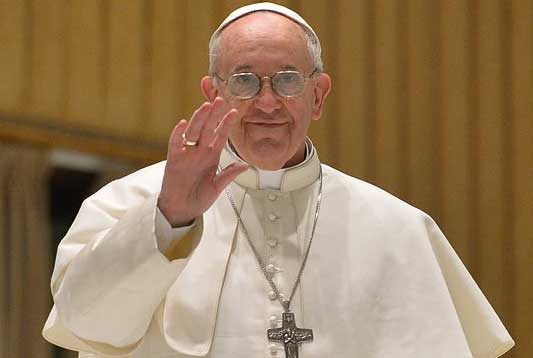Episode 28- Regnum Novum: Bringing forth the New Evangelization through Catholic Social Teaching with Omar Gutierrez – We continue the study of the “Compendium of the Social Doctrine of the Church” Chapter 5
– We continue the study of the “Compendium of the Social Doctrine of the Church” Chapter 5
Podcast: Play in new window | Download (Duration: 28:00 — 25.6MB) | Embed
Subscribe: Apple Podcasts | Spotify | Amazon Music | Android | Pandora | iHeartRadio | JioSaavn | Podchaser | Gaana | Podcast Index | Email | TuneIn | Deezer | Anghami | RSS | More
CHAPTER FIVE
THE FAMILY, THE VITAL CELL OF SOCIETY
I. THE FAMILY, THE FIRST NATURAL SOCIETY
a. Importance of the family for the person
b. Importance of the family for society
II. MARRIAGE, THE FOUNDATION OF THE FAMILY
a. The value of marriage
b. The sacrament of marriage

We live at a very special time. The confluence of many things has brought forth the clear need to be able to articulate the Social Teaching of the Catholic Church in a way that is accessible and applicable. This is not to be an effort where high-minded theories are to be bandied about. Rather, this is a time of opportunity wherein we can apply the Social Doctrine to the concrete so as to bring about a New Kingdom, a Revolution. – Omar G.
Also visit Omar’s “Discerning Hearts” page Catholic Social Teaching 101






